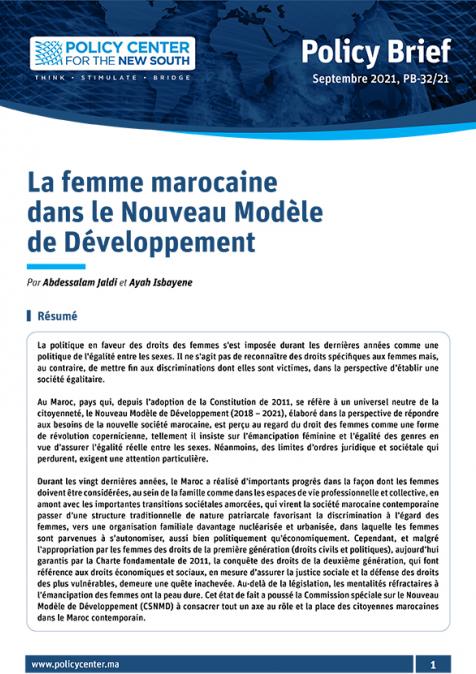Publications /
Opinion
A more realistic image of Africa has been recommended by participants of a Breakout Dinner on the continental“narratives”, during the 6th edition of the Atlantic Dialogues. This discussion is reported here under the Chatham House rules – i.e. no quotes from the participants, who have expressed their views off the record.
Changing the narratives on Africa has to do with exploiting Africans full potential: plural identities evolving in various fields, booming content production and bringing forward experts and academics from the continent itself, in a better position to go into nuance in their analysis about Africa. Shifting preconceived notions, according to all panelist, must come from the junction between youth, media and academics. During this Breakout Dinner, this link was operated, allowing a fruitful dialogue.
The dominance of Western perceptions on Africa
On that particular matter, panelist raised the technical difficulties of portraying Africa in a realistic, “non-dramatic” way. For example, a journalist mentioned how hard it was to get normal pictures of Africans in existing pictures data bases – although some initiatives like Yeelenpix are trying to change the visual mindset.
In the depiction of a modern, vibrant and urban Africa, the issue of images and visual content is paramount in projecting a pragmatic and more objective portrait. On the other hand, another panelist raised the issue of foreign experts and how they are solicited in foreign media while local experts could be more relevant to talk about issues concerning their own countries.
Furthermore, the distorted image of Africa does not only harms perceptions but also investment. Taking the example of the Ebola outbreak crisis, a panelist showed how catastrophism in media had dampen investment and shattered the economies of not only contaminated countries but the whole continent.
What would a realistic portrayal of Africa look like today?
Extreme diversity and plurality has been the main consensus between speakers. Just as a German person might be different from an Italian citizen, Senegalese and South African citizens come from a different history and do not necessarily see the world the same way.
Africa, of course, is not a country, but a vast continent of 54 countries, with their own idiosyncrasies. The example of the new narrative line in Western media stating that “Africa is rising” shows how much the portrayal of a whole continent stays subject to the same foreign and remote treatment while countries experiences vary tremendously…
Is there a bigger role for African academics and media in conveying the reality of Africa?
While the importance of the cooperation between these actors has been highlighted, the question of reclaiming words and concepts has been in the center of discussions. For example, while we talk about languages in Europe, we evoke “dialects” in Africa.
One panelist has asked why we call Swahili a dialect while Swedish, Norwegians and Danish are dialects but are defined as languages. The conclusion is that academia and media have the mission of dissecting false perceptions and to project via their own channels of communication a truthful image of Africa.
While the challenges of Africa remains, African content producers work on changing the false perceptions by forecasting positive stories: concepts of technological revolution in Africa, youth empowerment and the will to grow into a continent of prosperity.







